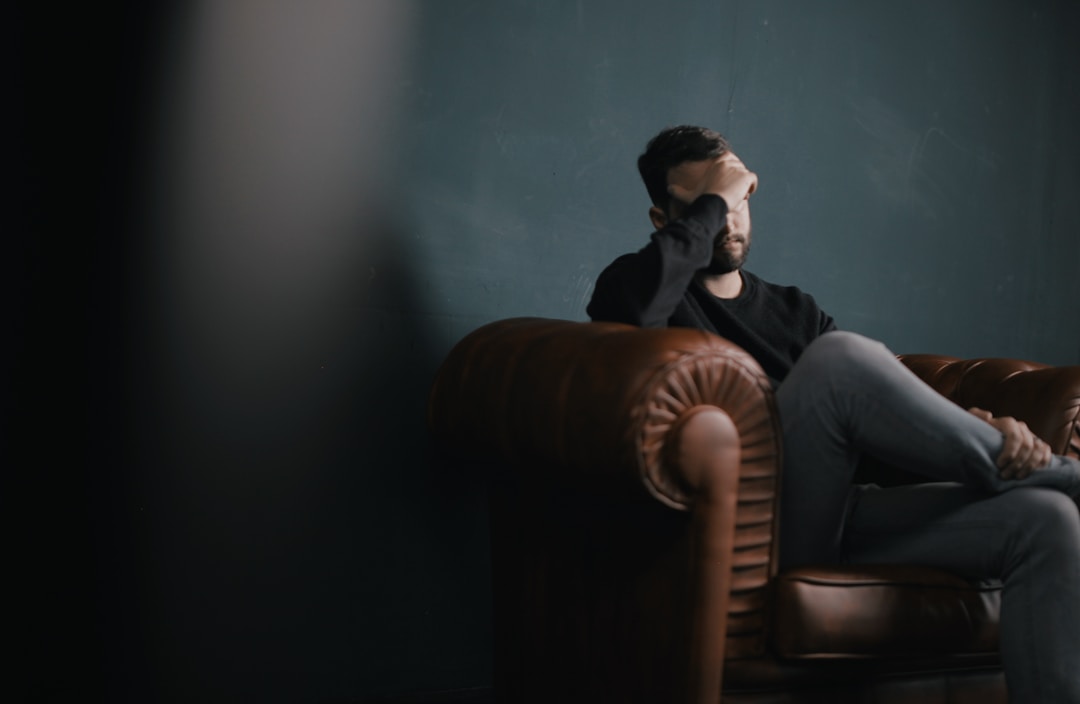
What Are Some Symptoms of Social Anxiety?
Have you ever found yourself in a group setting and feeling overwhelmed? Do you find yourself avoiding going out for fear of ridicule? You may be struggling with a form of social anxiety disorder that can throw a wrench within your daily life. When it comes to dealing with mental health difficulties, everyone can be susceptible to these struggles. It’s important to know that you are not alone, as this is the only true way to end the stigma around mental health care. Here are some of the ways you can address these issues.
Social Anxiety Symptoms

Before looking into treatment options, it’s important to understand the symptoms of social anxiety. These symptoms fall into three lanes: emotional, physical, and social. The intense fear of interacting with strangers is part of the behavioral signs linked to this personal imbalance. High levels of fear in everyday life are pretty standard in anxiety disorders like this. Spending significant time analyzing social situations and expecting the worst outcomes can egg on those mental health issues.
The emotional symptoms of social anxiety can also stem from fear over potentially showing the physical attributes of stress and embarrassment. Blushing, rapid heartbeat, and sweating are commonly linked to anxiety, leaving sufferers flustered and at a loss for what to do in those moments. Sometimes, you may not even know what triggers this reaction, and then you’re left scrambling and lightheaded. It can happen in specific settings, emphasizing the social symptoms of anxiety. If you feel these physical sensations in a group setting, it can be related to emotional or mental health difficulties. These feelings can also come when you’re meeting people for the first time, like at orientation or on a first date.
Psychotherapy

Some experts recommend a physical exam with your primary care physician to assess the possible need to look into a social anxiety disorder. A primary care provider may then recommend psychotherapy to address potential mental illness or put a greater emphasis on what can be done to address underlying issues and how it can be done within a safe space. Or, of course, they may suggest a combination of these.
Some doctors may recommend intensive outpatient therapy, or IOP, to tackle issues impacting teens and young adults as part of family therapy. This treatment will help both the patient and their family members understand the underlying mental health issue. However, individual therapy can be overwhelming for some dealing with anxiety, as they feel singled out. That’s where group therapy presents a viable option for a portion of your treatment plan. The security of this group assures a supportive environment as part of a higher level of care.
Alternative Treatment

Laying out all of the important information to create a proper treatment plan is paramount. Psychotherapy and cognitive behavioral therapy are among the more common treatments to address anxiety or other underlying mental health concerns. However, your doctor may recommend medication in some circumstances, especially with disabilities that impact your daily life or comorbid conditions such as schizophrenia.
Some professionals may also recommend speech therapy for patients to feel more comfortable in a public speaking position. Verboso, an innovative online approach to individual needs in speech therapy, can help people feel better about their vocabulary and articulation. Through active participation, speech therapists can tackle sensitive issues in addressing a crowd and take on unique needs to provide a certain level of comfort in group outings. If your social anxiety is fueled by issues like a stutter or speech disorder, speech-language therapy can help you feel more confident in social situations.
Remember, you’re not alone in anxiety. There are hundreds of thousands of people that are feeling what you’re feeling.
